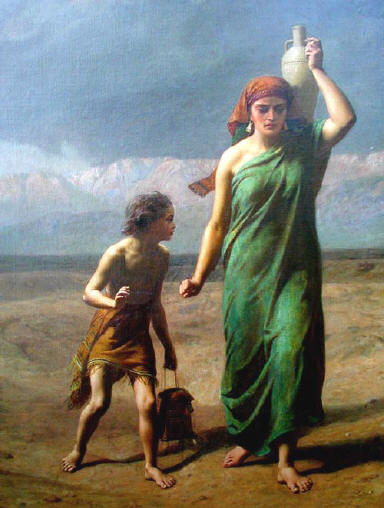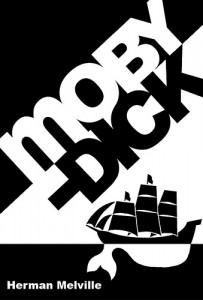Jan 29 2010
Humanity and the whale
Herman Melville begins Moby Dick with a vocabulary lesson on the word “whale,” and follows this with a series of literary references to this famous creature. While he cautions the reader that we “must not, in every case at least, take the higgledy-piggledy whale statements, however authentic, in these extracts, for veritable gospel cetology” ( xxiii), they do contain what sounds like scientific information about whales. Much of this information comes from recordings of voyages taken by various explorers around the globe. However, there are also references that come from great literary works such as the Bible, Shakespeare, and Paradise Lost.
These excerpts elevate the whale from being a mere animal to an entity whose history is intertwined with humanity’s. Giving us the translation of “whale” in different languages also implies that this creature has an important place in cultures all over the world. I would like to know his source for the Hebrew translation though. As far as I can tell, חר means “hole,” or biblically “lord,” and the word for whale is actually לויתן, which is “Leviathan” in English.
These early pages prepare the reader for the importance of the whale in the main part of the novel. Though the long introduction takes place primarily on land, whaling is present in many aspects of the lives of residents of New Bedford and Nantucket. The Spouter-Inn is decorated with the accoutrements of whaling, and the bar is shaped like a whale. Even the pulpit at a local church resembles a ship. The chaplain gives a whale themed sermon retelling the story of Jonah who is swallowed by a whale for disobeying God. Queequeg, Ishamael’s new harpooner friend, uses his harpoon to shave in the morning. These details display ways in which whaling can truly enter into peoples’ ways of life. Ishmael seems to understand this melding as he himself has a very close relationship with the sea, and goes to it for a form of catharsis.
Ishmael describes his affinity for water in the opening pages, but also implies that all men are innately drawn to the sea. Men who work in offices every day at some point leave and “must get just as nigh the water as they possibly can without falling in” (2). This connection between men and the sea, and between humanity and whales, acts as foreshadowing for the rest of the novel. After the long introduction, the plot will continue away from land and become increasingly concerned with the act of whaling and man’s fascination with the whale.
 “Call me Ishmael” (1).
“Call me Ishmael” (1).